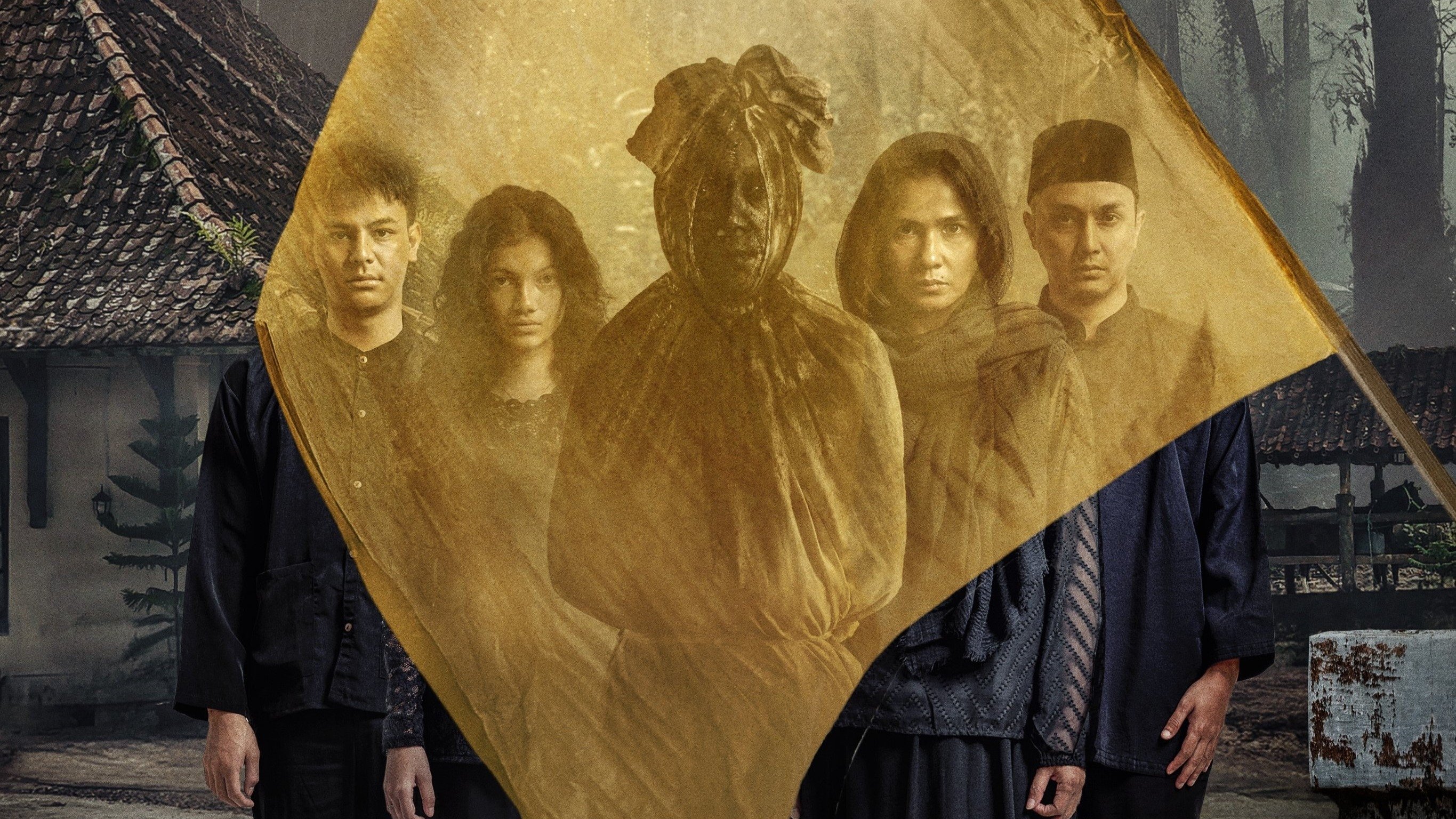Watch Almarhum (2025) Movie

Mr. Mulwanto's tragic death on Tuesday Kliwon was the beginning of disaster for the Nuri family. It is said that anyone who dies on that day will invite their family members to join them in dying. The families left behind were also asked to undergo a series of rituals to prevent this. Wisesa, the eldest child who works as a doctor, rejected the ritual because it was unreasonable and chose to accompany his mother who was still devastated. However, a strange and terrible incident that happened to Nuri and her sister, Yanda, forced them to find out about the truth behind the myths and rituals.

- ritual
## The Ghost in the Gadget: How Almarhum Haunts Our AI Dreams
The term "Almarhum," a Malay word meaning "the deceased," resonates deeply in Southeast Asian cultures, carrying with it a weight of respect, remembrance, and a hint of the supernatural. While often confined to personal and familial spheres, the spirit of Almarhum, or rather the concept of it, has begun to subtly infiltrate a new, unexpected domain: artificial intelligence. We're not talking about summoning rituals in server rooms, but a more nuanced, almost philosophical reflection on the role of memory, legacy, and loss within the digital realm.
Think of AI language models trained on vast datasets, encompassing everything from Shakespearean sonnets to Twitter rants. Embedded within this ocean of information are countless remnants of Almarhum – the writings, thoughts, and experiences of those who have passed on. Their digital fingerprints linger, influencing the AI's understanding of language, culture, and even emotion.
This presents a fascinating paradox. Can an AI, lacking consciousness, truly grasp the grief, the joy, the struggles reflected in these digital echoes of Almarhum? Or does it merely regurgitate data, mimicking the patterns without understanding the underlying sentiment?
Consider the example of AI-powered chatbots designed to emulate deceased loved ones. While the ethical implications are still fiercely debated, the technological potential is undeniable. These digital avatars are built upon the documented lives of the departed, their social media posts, emails, and even voice recordings. The goal is to create a digital companion that can offer comfort and solace to those left behind.
But is this a genuine connection, or just a sophisticated form of digital necromancy? Critics argue that these chatbots are merely simulations, lacking the authenticity and unpredictability of the original person. They may mimic their loved one's mannerisms, but they can never truly replace the unique bond that existed between them. They are, in essence, a digital echo, a carefully crafted illusion.
Furthermore, the reliance on data introduces a critical vulnerability. The digital footprint of Almarhum is often incomplete, curated, and potentially biased. What aspects of their life are amplified, and which are erased? How do we ensure that the AI accurately represents the individual, and not a distorted or romanticized version?
The challenges extend beyond emotional considerations. Imagine an AI trained to provide legal or medical advice, drawing upon historical case studies and research papers written by Almarhum. While their insights may still be valuable, they must be contextualized within the evolving landscape of law and medicine. The AI must be able to differentiate between timeless principles and outdated practices, ensuring that its recommendations are accurate and relevant.
The concept of Almarhum in the context of AI forces us to confront fundamental questions about memory, identity, and the very nature of consciousness. As we increasingly entrust our digital legacies to algorithms, we must be mindful of the ethical and philosophical implications. We must strive to create AI systems that are not only intelligent but also empathetic, capable of understanding and respecting the complex tapestry of human experience, including the legacy of Almarhum.
The ghost in the gadget is not a malevolent spirit, but a reminder of the human cost of progress, a call for responsible innovation, and a poignant reflection on the enduring power of memory in the digital age. It is a challenge to harness the power of AI while honoring the legacy of those who have come before us, ensuring that their stories are not just data points, but cherished memories that continue to resonate in the algorithms of tomorrow.

Post a Comment